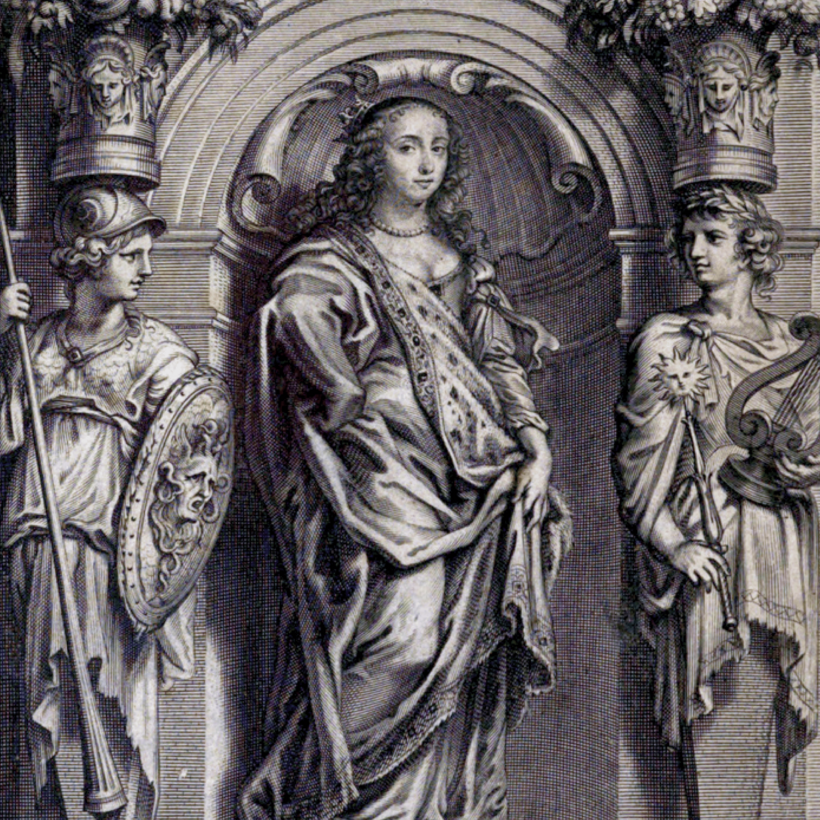Just over a year ago, I was searching for the details of a death. It was the tail end of December, and I was in the final days and pages of writing my book Pure Wit. Each morning I would brave the journey to the British Library, in London—past Christmas lights and crowds of people whose presence seemed to proclaim that the working year was over—and sit back down in the manuscripts room. I was writing about Margaret Cavendish, the first Duchess of Newcastle and one of England’s first professional female authors, who had died 350 years earlier, at age 50.
Over a hundred thousand words and two laptops down, I should have been done with my research. Instead of calling up more boxes from the stacks, I should have been tied to my keyboard. If I typed without too many breaks for coffee or Instagram, I could be done by Christmas.


